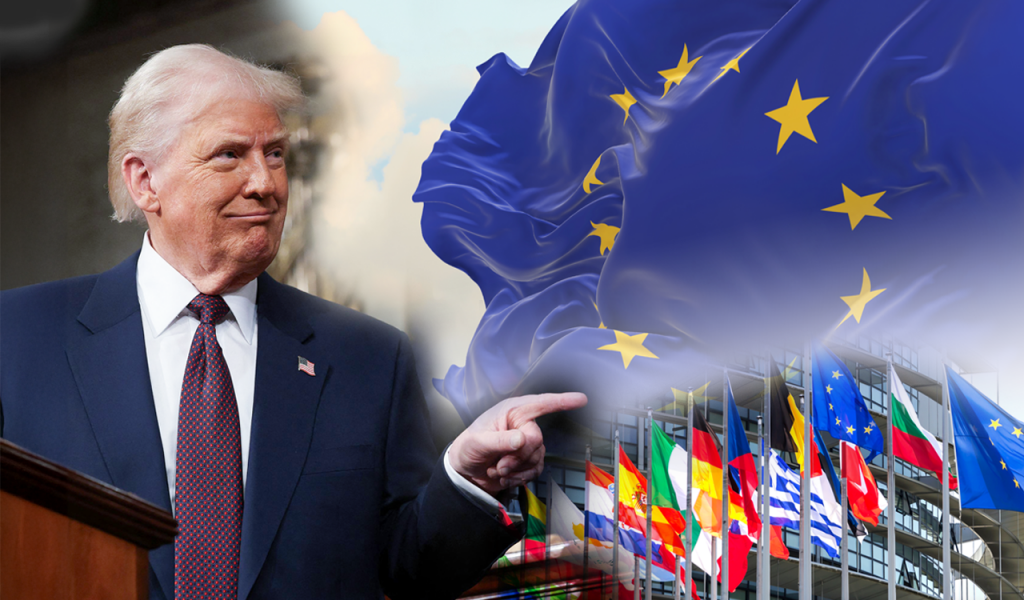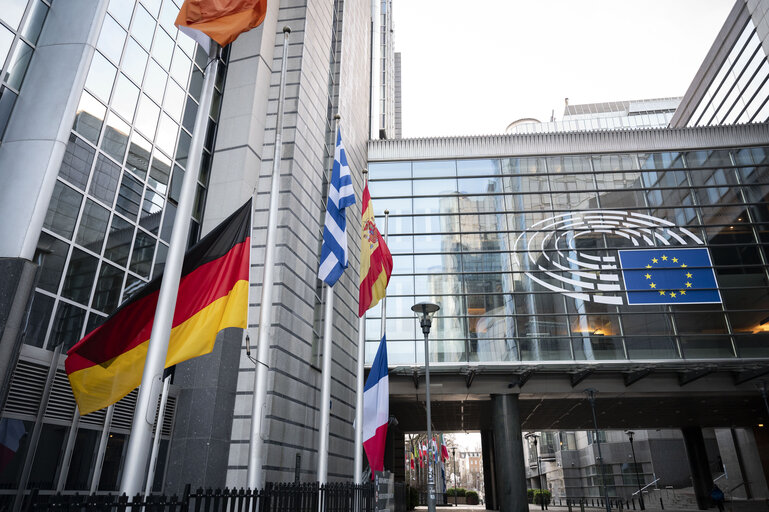A positive narrative about Europe‘s economic outlook is emerging for the first time in years, acknowledges Citigroup in its latest global economic review. However, the bank remains cautious in the short term, emphasizing that prudence is still necessary despite the improving outlook.
According to Citi, four key factors could enhance Europe’s growth prospects. Germany seems ready to ease its fiscal policy, which would help stimulate domestic demand.
The region is also gearing up for increased defense spending, while anticipated interest rate cuts by the European Central Bank should provide additional support.
Moreover, a negotiated resolution to the Russia-Ukraine conflict, if achieved, could significantly boost sentiment across the continent.
Yet, challenges remain. Among them are the recently announced U.S. tariffs, set to take effect on April 2. Citi believes that Germany’s bold fiscal shift is likely to bolster confidence in European assets and ultimately have a positive impact on Eurozone growth.
However, the bank urges caution in the near term, as public spending takes time to materialize, especially if Europe aims to reduce its reliance on military imports.
Additionally, higher yields could dampen private spending by tightening financial conditions. The lingering uncertainty stemming from geopolitical upheavals and the looming U.S. tariffs may also weigh on investment and hiring decisions.
Despite these hurdles, monetary policy easing, rising real incomes, and strong regional growth are expected to continue supporting GDP in 2025. Citi forecasts a slight increase in growth from 0.8% in 2024 to 1% this year, with further acceleration slightly above potential in 2026-27.
Disinflation remains on track, with the final waves of the inflationary shock—services and wage growth—expected to subside in 2025.
Energy prices have already declined significantly since early February, and a potential resolution to the conflict in Ukraine could exert further downward pressure. Every 10-basis-point drop in natural gas (TTF) futures would translate into a corresponding decrease in the inflation index.
Against this backdrop, Citi forecasts core inflation to reach 2% by the end of the year, falling below target in 2026 and 2027.




